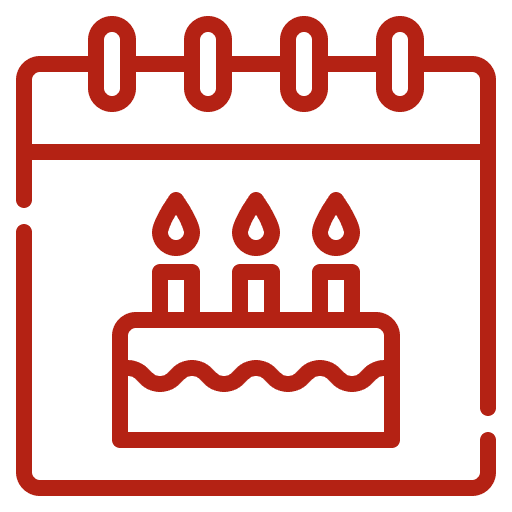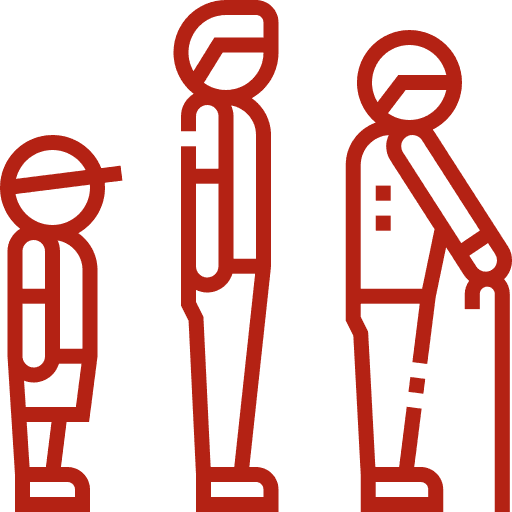Boju Duba’s life began in Garba Tula, a small, semi-arid town tucked deep in Isiolo County. It was there that she was born, raised, and later married, building a simple but meaningful life rooted in livestock and family. Together with her husband, they had five children. However, tragedy would soon redefine her world.
Three of her children passed away, leaving her with only two children to raise. Not long after, her husband also died—an immense loss that left Boju widowed and solely responsible for her children’s wellbeing.
As if that loss wasn’t enough, Borana-Shifter the conflict—an ethnic clash that left many families in turmoil, swept through her community. The war not only claimed lives but also decimated livelihood...
Boju Duba’s life began in Garba Tula, a small, semi-arid town tucked deep in Isiolo County. It was there that she was born, raised, and later married, building a simple but meaningful life rooted in livestock and family. Together with her husband, they had five children. However, tragedy would soon redefine her world.
Three of her children passed away, leaving her with only two children to raise. Not long after, her husband also died—an immense loss that left Boju widowed and solely responsible for her children’s wellbeing.
As if that loss wasn’t enough, Borana-Shifter the conflict—an ethnic clash that left many families in turmoil, swept through her community. The war not only claimed lives but also decimated livelihoods. Boju, like many others, lost everything. Her entire herd of cattle, which had once sustained her household, was wiped out. With nothing left and two children in her care, she made the heart-wrenching decision to leave her home behind and start afresh in Isiolo Town.
Life in Isiolo proved even more unforgiving. With no source of income, no land, and no family support, Boju found herself at the lowest point in her life. In an attempt to rebuild, she remarried and had another child. But her second husband also passed away, leaving her a widow once again, this time with three children to care for and still no means to provide for them.
She lives in a modest, dilapidated structure that barely shelters her from the harsh weather. The house is in poor shape, a rusting roof, and little ventilation. Inside, she shares a single, cramped room with her children and grandchildren. The space is overcrowded, and the lack of privacy and comfort weighs heavily on her, especially at her age.
Determined to survive, Boju turned to any form of work she could find. She washed clothes for neighbors, gathered and sold firewood, and burned charcoal to earn a few shillings. Yet, despite her relentless efforts, it was never enough. Her children eventually grew up, but none of them secured formal employment. The responsibility to feed and support the household still fell squarely on her shoulders, even as her body aged and her energy waned.
She tried her hand at farm work, but her weakening health and advancing age made it increasingly difficult. The physical toll became too much to bear. At times, the family would go without food, and Boju often sacrificed her own meals so her children could eat.
Everything began to change when, one day, she saw people in her neighborhood carrying food packages. Curious and desperate, she asked where the food came from and was told about Mama Ibado Charity’s feeding program. That very day, without anything to eat at home—she made her way to the organization’s offices. Coincidentally, it was distribution day, and the team saw the urgency of her situation. Though she wasn’t yet registered, she was given food to take home and asked to return to be officially enrolled.
From that moment, Boju’s life took a turn. She began receiving monthly food packages, which ensured that her family no longer went to bed hungry. She no longer had to knock on neighbors’ doors, asking for help. The constant anxiety of where the next meal would come from finally began to fade.
In the years that followed, her health began to deteriorate. She broke her leg and developed chronic conditions including hypertension, diabetes, and heart problems. Without any financial means, accessing healthcare would have been impossible. But Mama Ibado Charity was once again there for her, this time through their health program. Boju now attends weekly clinics at the organization’s offices, where she receives medical care and the medication she needs. With every visit, she feels herself getting stronger.
She often reflects on how years of emotional and physical strain likely contributed to her health challenges. The burden of raising children alone, working jobs that pushed her beyond her limits, and going days without proper food had taken a deep toll. Today, however, that burden is no longer hers to carry alone. For the first time in decades, Boju is experiencing peace.
With consistent access to food and healthcare, she is finally able to rest. The fears that haunted her for years—of hunger, illness, and isolation have been replaced by calm and dignity. Now, she wakes up each day not to worry, but to witness the laughter of her grandchildren and to enjoy the small, quiet joys of old age.
 Support
Support









 Support
Support




















